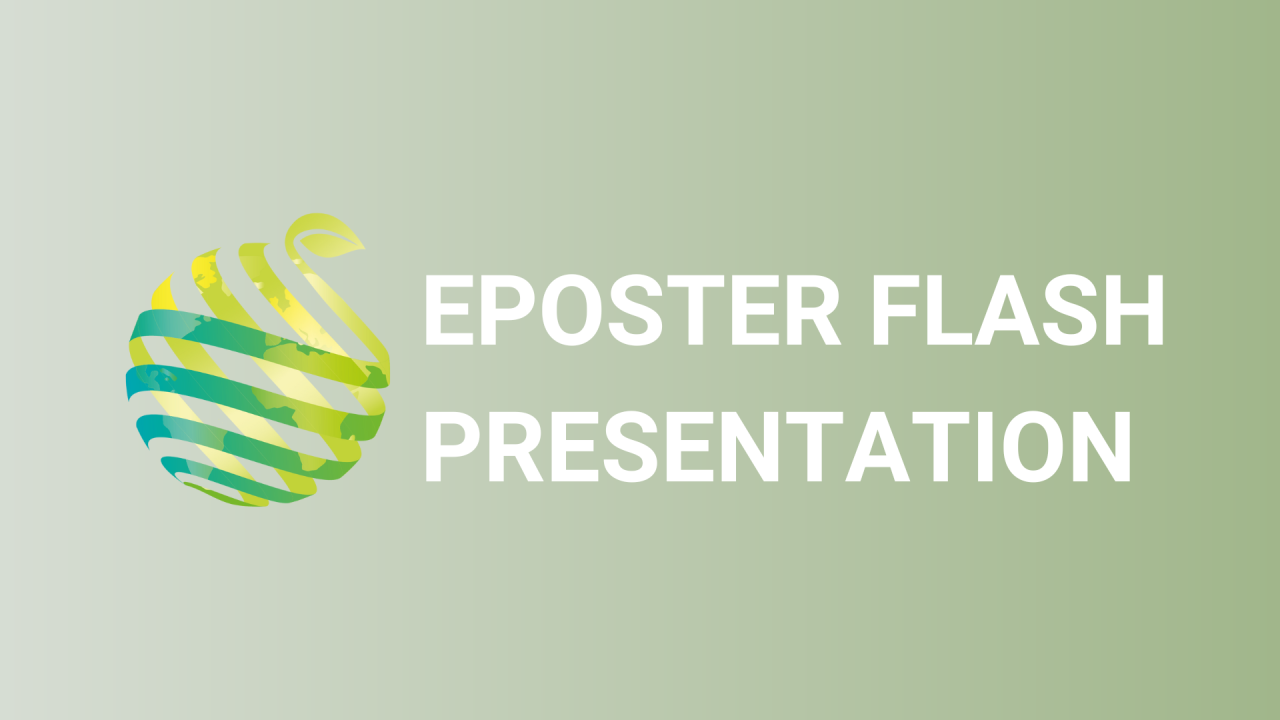

S16 - Session P2 - Horticultural Evaluation of Clonal Walnut Rootstocks
Information
Authors: Katherine Jarvis-Shean *, Bruce Lampinen, Samuel Metcalf, Charles Leslie, Carolyn DeBuse
The California walnut industry historically utilized two seedling rootstocks for commercial production, Northern California Black ( Juglans hindsii ) and Paradox hybrid seedling ( Juglans hindsii x Juglans regia ). Recent research and propagation advances have resulted in commercial availability of three clonal walnut rootstocks, RX1, VX211 and Vlach. As these rootstocks had been evaluated elsewhere to reveal desirable Phytophthora and nematode-related traits, a trial was planted in California's Central Valley in 2009 to evaluate their horticultural characteristics relatives to the control of Paradox seedling with cv. Tulare grafted on top. Yield and size were evaluated annually until 2020. Between 2013-2019, RX1 rooted trees at this site produced significantly smaller trees in terms of trunk circumference and canopy shaded area (measured by photosynthetically active radiation interception). In the same span of years, RX1 yields were frequently significantly lower than trees on the higher yielding VX221 and Vlach. However, when these two parameters were integrated to determine yield efficiency, results indicate that trees on VX211, Vlach, Paradox seedling and RX1 produce comparable yields on a per-unit-canopy basis. This was further borne out in 2020, when trees were hedged to create the same sized canopy for all rootstock treatments. In other words, when trees are restricted to the same size, yields are not significantly different. This finding has implications for how rootstocks are evaluated and how growers can optimize orchard design to take advantage of rootstocks with desirable soil-borne pest or disease-related traits.